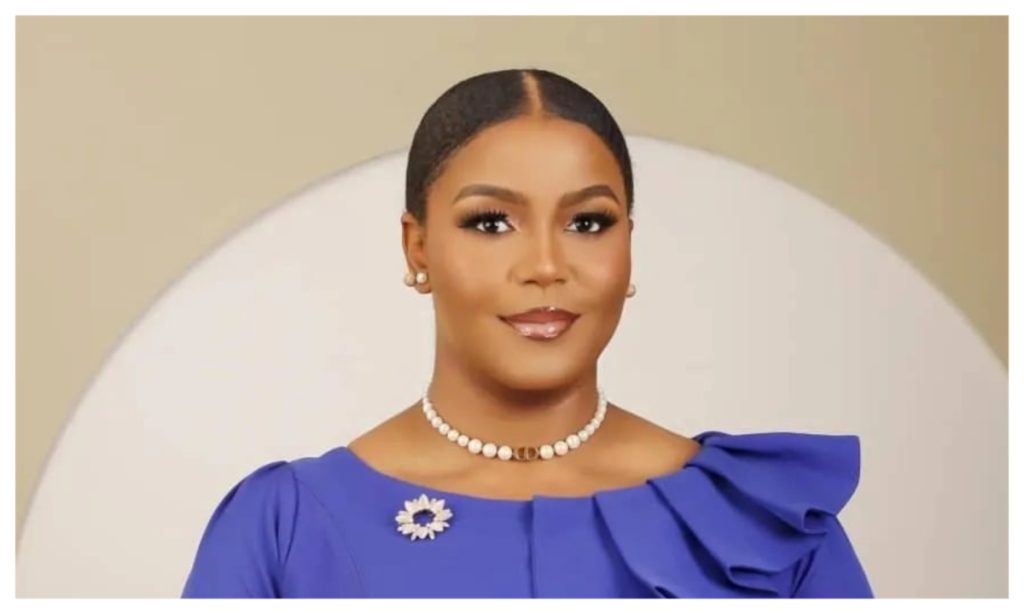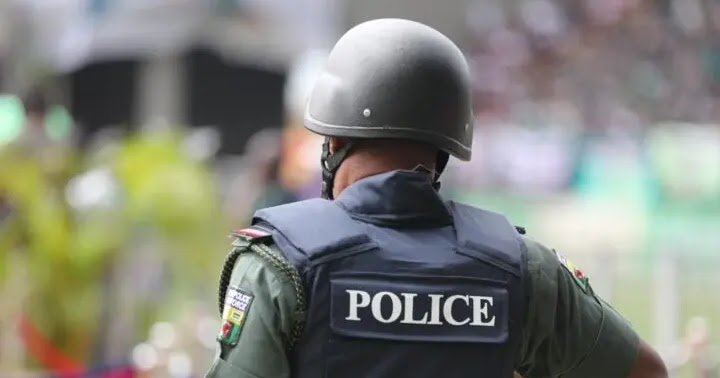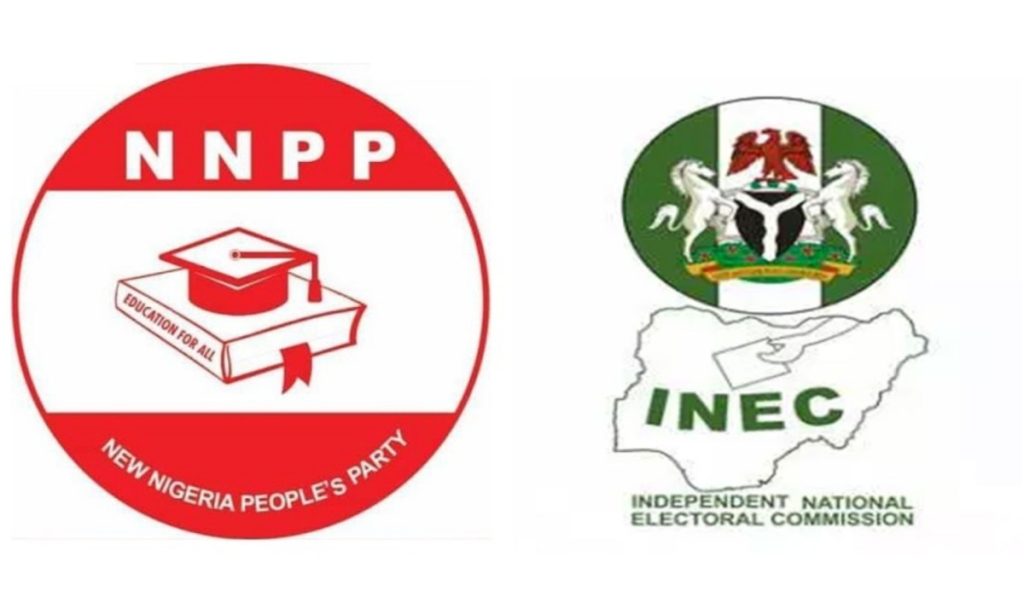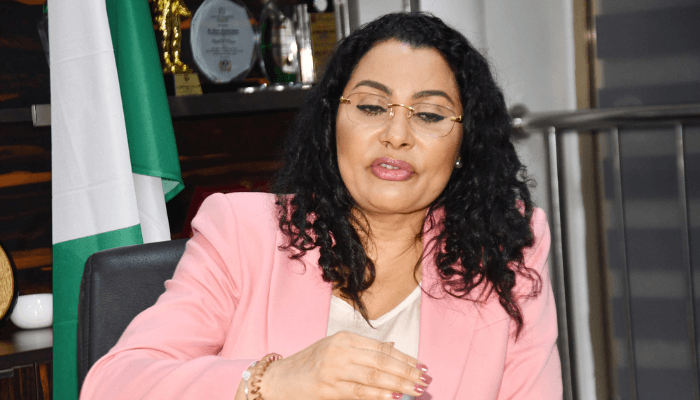A senior aide to Nigerian President Bola Tinubu has dismissed claims that the government attempted to influence opposition politics by offering ministerial roles, escalating tensions between the ruling party and a rival group. Daniel Bwala, Special Adviser on Policy Communication to Tinubu, denied allegations by Ralph Nwosu, former National Chairman of the African Democratic Congress (ADC), who asserted that unidentified officials had dangled three ministerial appointments to derail his party’s plans to form a coalition against the administration.
Bwala, responding via a post on X (formerly Twitter) on Wednesday, emphasized that only the president holds authority to approve ministerial appointments. “No government official(s) of whatever rank … can promise or grant ministerial slots but Mr. President,” he wrote, challenging Nwosu to name the individuals allegedly involved. The rebuttal followed Nwosu’s claims during ADC’s National Executive Committee meeting on Tuesday, where the party transferred leadership to former Senate President David Mark and reaffirmed its intent to consolidate opposition forces ahead of future elections.
Describing the ADC’s allegations as baseless, Bwala criticized Nwosu’s refusal to identify the purported officials, quipping that the party had devolved into an “association of jesters” — a jab at its initials. He argued that any legitimate offer would have come directly from Tinubu. Nwosu, however, has yet to provide further details or evidence to substantiate the claims, which Bwala dismissed as a “wild goose chase” aimed at undermining confidence in the administration.
The dispute highlights deepening political fissures in Nigeria as opposition groups navigate strategies to counter Tinubu’s ruling All Progressives Congress (APC). The ADC, a minor party with limited legislative representation, has positioned itself as part of broader efforts to unify opposition voices, a move Nwosu suggested provoked the alleged offers. Analysts note that while ministerial appointments are often politicized in Nigeria, such direct quid-pro-quo claims remain rare and legally contentious.
Bwala’s sharp rebuttal underscores the sensitivity of accusations implying corruption or executive overreach, particularly amid Nigeria’s economic challenges and public scrutiny of governance. As both sides trade barbs, the absence of concrete evidence risks amplifying skepticism toward political institutions, with observers urging transparency to prevent further erosion of public trust. The ADC’s leadership transition to Mark, a seasoned politician, signals ambitions to bolster its influence, though internal strife over credibility threatens to overshadow its coalition-building agenda.



